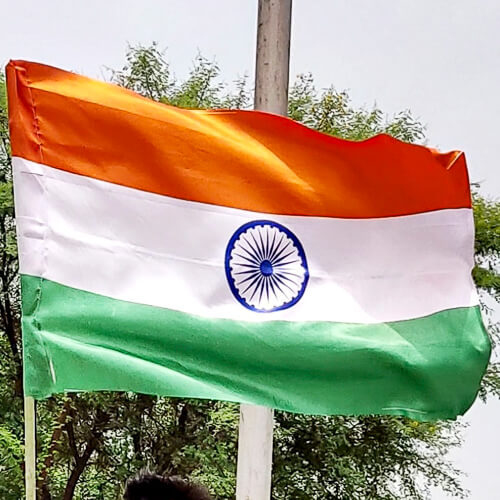
India's state-owned BSNL has faced three years of delays to its planned investment in a 4G network because of the government's insistence that it use indigenously developed technology. But as bigger, private-sector rivals deploy 5G, BSNL has finally handed over an order worth 150 billion Indian rupees (US$1.8 billion) to a consortium led by Tata Consultancy Services (TCS) for the rollout of a nationwide 4G network.
Tejas Networks (part of the Tata Group) and ITI, the other key members of that consortium (alongside the Centre for Development of Telematics, C-DOT), have also received the advance purchase order. "As a part of the consortium, Tejas Networks will supply and service the radio access networks (RAN) equipment," Tejas said in a regulatory filing.
Figure 1:  BSNL is about to join bigger rivals in India's 4G market.
BSNL is about to join bigger rivals in India's 4G market.
(Source: robertharding/Alamy Stock Photo)
This is significant because it would be the first time that an indigenously developed technology is used by a telco to set up a pan-India network. BSNL would also be using a 4G core designed by C-DOT. The government believes the mega order will boost the domestic telecom equipment industry.
The order is especially important for the Tata Group, which harbors ambitions to become a global telecom vendor. Execution of the project would give it an opportunity to showcase its skills and gain from the experience of deploying at scale.
BSNL bids for revival
BSNL is all set to launch 4G by the end of June, although it is unclear whether the introduction of services will restore its fortunes. It will compete with private telcos Bharti Airtel and Reliance Jio, which launched 4G services in 2016 and have already gained 5G customers. Meanwhile, Vodafone Idea, India's other big telco, has also yet to launch 4G services.
BSNL would be setting up more than 100,000 tower sites across the country as part of the order. It has already deployed more than 200 towers in the state of Punjab in North India.
Last year, authorities approved a INR1.64 trillion ($19.8 billion) package for the revival of BSNL, including funds for the deployment of its 4G network. Having struggled to compete against the private-sector telcos, the company is lumbered with about INR330 billion ($3.98 billion) in debt and has been losing customers.
Related posts:
— Gagandeep Kaur, contributing editor, special to Light Reading
Read more about:
AsiaAbout the Author(s)
You May Also Like




_International_Software_Products.jpeg?width=300&auto=webp&quality=80&disable=upscale)







